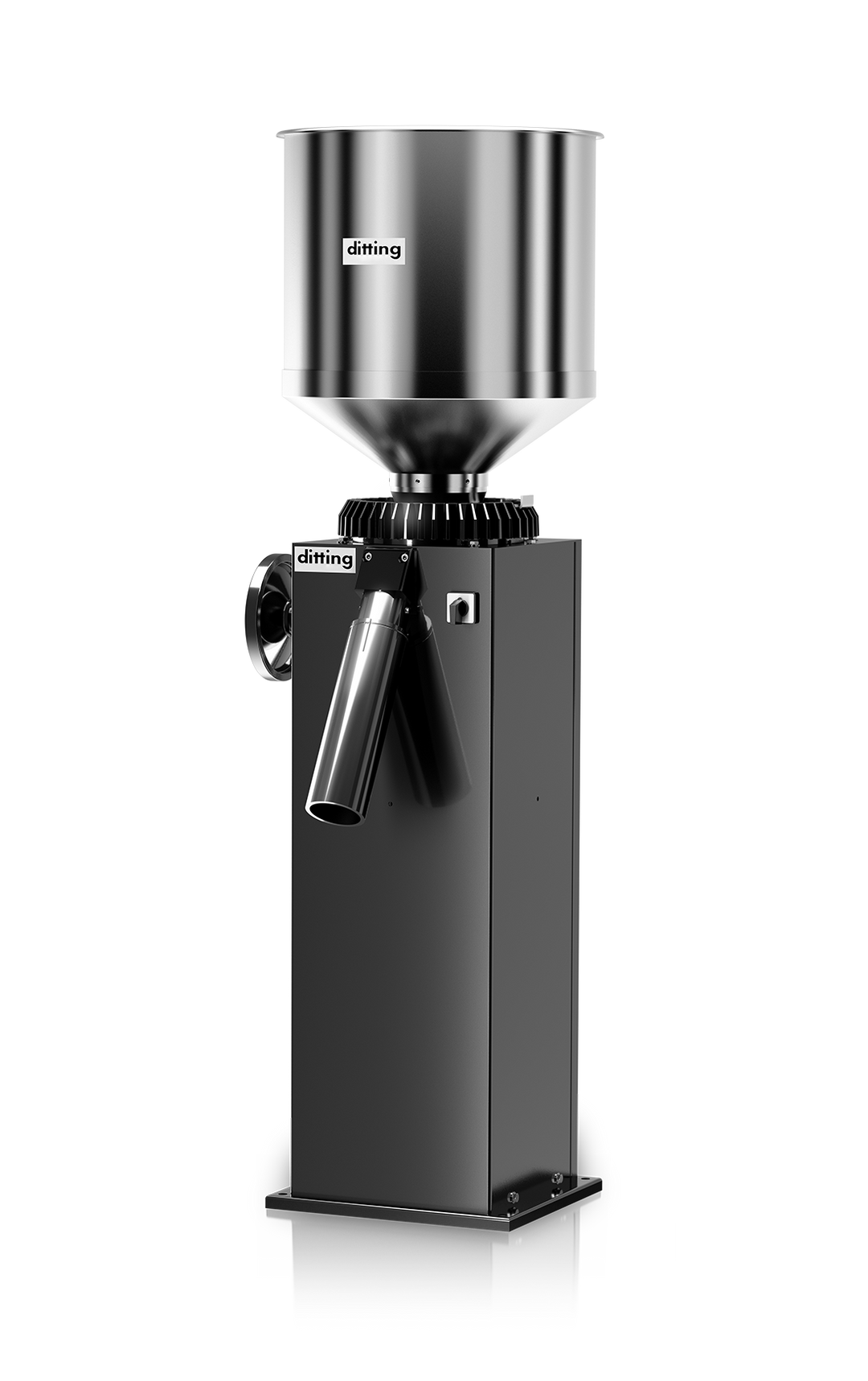Industrial Coffee Grinder Shopping Guide for Serious Baristas
Industrial Coffee Grinder Shopping Guide for Serious Baristas
Blog Article
Industrial Coffee Grinder Guide: Increase Effectiveness and Quality
In the competitive landscape of coffee production, choosing the ideal industrial coffee mill plays a pivotal duty in enhancing both efficiency and product top quality. Recognizing the nuances of various grinder kinds and key features-- such as customizable work settings and robust construction-- can substantially influence the last flavor profile of the coffee. Additionally, the optimization of the grinding procedure, coupled with attentive maintenance, is vital for maintaining efficiency in time. As we discover these vital components, it comes to be obvious that the implications prolong past plain equipment selection, influencing overall organization success in manner ins which necessitate closer evaluation.
Understanding Grinder Kinds
When selecting a commercial coffee grinder, comprehending the different types readily available is critical for maximizing both flavor removal and operational performance. The two primary kinds of mills are blade grinders and burr grinders.

Eventually, selecting the appropriate type of mill is essential to keeping quality and performance in coffee production, making it important for organizations to purchase top notch burr grinders for ideal outcomes.
Secret Functions to Consider
Choosing a commercial coffee mill requires careful factor to consider of numerous key functions that can dramatically influence both efficiency and the overall coffee experience. One of the main elements to review is the grinding mechanism. Burr grinders are usually favored over blade mills, as they supply a constant grind dimension, which is critical for optimum removal and flavor.
One more crucial attribute is the mill's ability. Relying on the volume of coffee you need to process, select a design that can handle your demands without compromising speed or high quality. Furthermore, take into consideration the work setups supplied. A functional mill with several settings allows you to customize the work dimension to different brewing methods, enhancing the coffee's taste account.
Examine the mill's noise degree, especially in an active café or manufacturing atmosphere, where excessive sound can be disruptive. Spending in a grinder that stabilizes these features can greatly improve both functional efficiency and the top quality of the coffee served.
Optimizing Grinding Process
To attain the best outcomes in coffee prep work, optimizing the grinding procedure is crucial. The grind size dramatically influences extraction, taste, and total quality of the brewed coffee. Various brewing methods need certain work sizes; for example, espresso requires a great grind, while French press demands a crude structure. Comprehending the partnership in between grind size and developing approach is the primary step in optimization.


In addition, monitoring the grinding speed can maximize the process. Slower grinding frequently creates less heat, preserving delicate flavors and aromas. Conversely, faster grinding may generate extreme warm, adversely affecting the coffee's high quality.
Maintenance and Care Tips
Correct upkeep and treatment of industrial coffee mills are necessary for making sure optimum efficiency and longevity. Routine cleansing is the structure of upkeep; deposit accumulation can impact taste and grinding effectiveness. It is a good idea to clean up the grinder after each usage, wiping down the exterior and getting rid of any type of coffee grounds from the burrs.
Additionally, evaluate the grinding burrs for damage. Plain burrs can jeopardize work consistency, so they need to be replaced as necessary. Industrial Coffee Grinder. Occasionally adjusting the grinder is additionally vital, as this keeps the wanted grind dimension for different brewing approaches
Lubrication of moving components must be carried out according to the supplier's specs, as this decreases friction and lengthens the life of the devices. It is vital to make use of food-grade lubes to ensure security and compliance with health and wellness laws.
Lastly, keep the mill in a stable and dry atmosphere to stop corrosion and corrosion. By sticking to these maintenance and care pointers, operators can boost the efficiency of their commercial coffee mills while making sure high-quality output and expanded functional life.
Roi Analysis
Examining the roi (ROI) for industrial coffee grinders is important for companies looking for to optimize their coffee production capabilities. A detailed ROI evaluation aids identify the economic stability of spending in high-quality grinders, enabling services to evaluate the initial costs versus my website possible gains.
Assess the acquisition cost of the grinder, consisting of setup and any type of necessary alterations to existing infrastructure. High-performance mills commonly lead to lowered grinding time and boosted throughput, which can substantially enhance performance.
Furthermore, think about the effect on product high quality. Industrial Coffee Grinder. Superior grinders produce an even more consistent work size, which can boost flavor accounts and customer satisfaction, ultimately driving sales. By boosting the quality of the end product, companies can justify greater pricing, bring about increased profits
Conclusion
In summary, a commercial coffee grinder plays a critical role in improving both efficiency and product top quality within coffee production. By choosing top quality burr grinders outfitted with vital attributes such as adjustable grind settings and resilient construction, services can ensure optimum flavor extraction. In addition, routine upkeep is crucial for sustaining grinder performance and taking full advantage of consumer complete satisfaction. Inevitably, the strategic investment in a trusted mill adds significantly to improved profits blog here and competition in the coffee sector.
In the affordable landscape of coffee manufacturing, choosing the best commercial coffee grinder plays a crucial function in improving both efficiency and product top quality. The two primary kinds of mills are blade grinders and burr mills. Within the burr mill category, there are level burr mills and conical burr mills, each with its benefits. Burr grinders are generally liked over blade grinders, as they give a constant grind size, which is essential for optimal removal and flavor.
In recap, an industrial coffee grinder plays a crucial function in enhancing both performance and item quality within coffee production.
Report this page